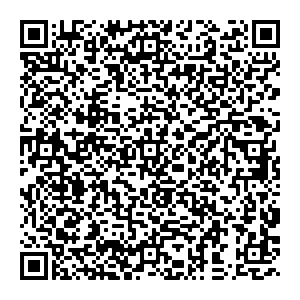Impacts of Covid-19 Pandemic on food service businesses in tourism: A case study in Can Tho city, Vietnam
This publication is supported by the Australian Government through the Australian Alumni Grants Fund. The opinions expressed in this publication are those of the authors and do not necessarily reflect the views of the Australian Government.
DOI:
https://doi.org/10.25255/jss.2022.11.4.121.134Anahtar Kelimeler:
Covid-19- food service- tourismÖzet
Food and beverage business is an indispensable part and plays an important role in the business activities of the tourism industry. As a business field heavily dependent on the guest market, food and beverage business operations depend entirely on the needs of customers. In the complicated situation of the Covid-19 epidemic, this business sector is definitely affected. This study was conducted in order to reflect the impact of the epidemic on the food and beverage sector and propose solutions to restore the catering business, in the case of Can Tho city. Research data were collected through a questionnaire-based survey for 50 business representatives. Descriptive statistics were used to analyze the data. Research results show that the businesses suffered a sharp decline in the number of customers, restaurant usage capacity, and revenue. They actively implemented many activities to prevent the epidemic and limit the negative impact of the epidemic on business operations, as well as quickly recover business operations. In addition, a number of city-level state management agencies also took a number of measures to limit the spread of the disease in the tourism environment, support businesses to promote and advertise tourism, and lend them capital at a favorable interest rate.
İndirmeler
Referanslar
Hailu, G. (2020). Economic thoughts on COVID-19 for Canadian food processors. Canadian Journal of Agricultural Economics/Revue canadienne d'agroeconomie, 68(2), 163-169.
Hale, M., & Dayot, A. (2021). Outbreak investigation of COVID-19 in hospital food service workers. American Journal of Infection Control, 49(3), 396-397.
Nguyễn Phạm Hùng (2016). Văn hóa du lịch. Hà Nội: Nxb Đại học Quốc gia Hà Nội.
Quan S. & Wang N. (2004). Towards a Structural Model of the Tourist Experience: An Illustration from Food Experience in Tourism. Tourism Management, 25, 297-305.
Tổng cục du lịch (2013). Năm 2013: Khách quốc tế đến Việt Nam tăng 10,6%. https://vietnamtourism.gov.vn/index.php/items/13054
Tellström, R., Gustafsson, IB. & Mossberg, L. (2006). Consuming heritage: The use of local food culture in branding. Place Branding, 2(2), 130-143.

İndir
Yayınlanmış
Nasıl Atıf Yapılır
Sayı
Bölüm
Lisans
Telif Hakkı (c) 2022 Da Van Huynh, Dr., Hieu Hong Hua, Minh Anh Nguyen, Dieu Thi Tran, Xuan Thanh Duong, Phong Quan Nguyen, Vu Thanh Ngo, Viet Quoc Mai Nguyen

Bu çalışma Creative Commons Attribution-NonCommercial-NoDerivatives 4.0 International License ile lisanslanmıştır.









 a Creative Commons Attribution 4.0 International License.
a Creative Commons Attribution 4.0 International License.

